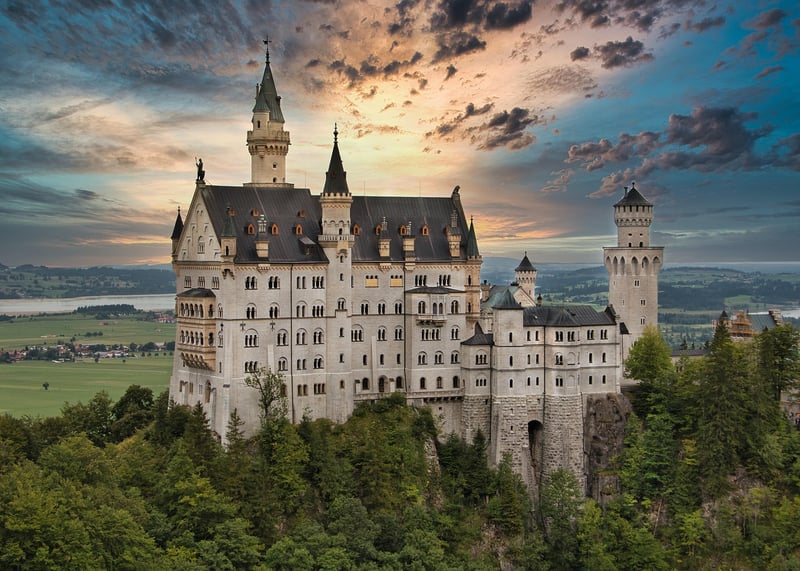Future Exploration
Exploring Different Eras and Future Exploration
Introduction
Exploring different eras allows us to delve into the past and understand how societies, cultures, and technologies have evolved over time. Additionally, looking towards future exploration opens up a world of possibilities for advancements in science, technology, and human understanding.
1. The Ancient Era
The ancient era, spanning from the dawn of civilization to the fall of the Roman Empire, offers a glimpse into the foundations of human society. From the construction of the pyramids in Egypt to the philosophical teachings of ancient Greece, this era laid the groundwork for future developments.

2. The Medieval Era
The medieval era, characterized by knights, castles, and feudalism, was a time of both conflict and cultural flourishing. The Gothic cathedrals of Europe and the tales of King Arthur are just a few examples of the rich heritage from this period.

3. The Industrial Era
The industrial era marked a significant shift with the rise of factories, mechanization, and urbanization. The steam engine, the telegraph, and the spinning jenny revolutionized how people lived and worked, laying the foundation for the modern world.

4. The Modern Era
The modern era, characterized by rapid technological advancements, globalization, and cultural exchange, has brought the world closer together. Innovations like the internet, smartphones, and space exploration have reshaped how we interact and perceive the world.

Future Exploration
Looking ahead, future exploration holds the promise of even greater discoveries and achievements. From space exploration to biotechnological advancements, the future is ripe with opportunities to push the boundaries of human knowledge and capabilities.
Key Areas of Future Exploration:
- Space Exploration: Colonizing Mars and beyond.
- Artificial Intelligence: Advancements in AI and machine learning.
- Biotechnology: Gene editing and personalized medicine.
- Renewable Energy: Developing sustainable energy sources.
- Nanotechnology: Innovations in materials science at the nanoscale.
By exploring different eras and embracing future exploration, we can gain a deeper appreciation for the achievements of the past and the possibilities that lie ahead.
Let's continue to push the boundaries of knowledge and imagination, shaping a future that builds upon the lessons of the past.
